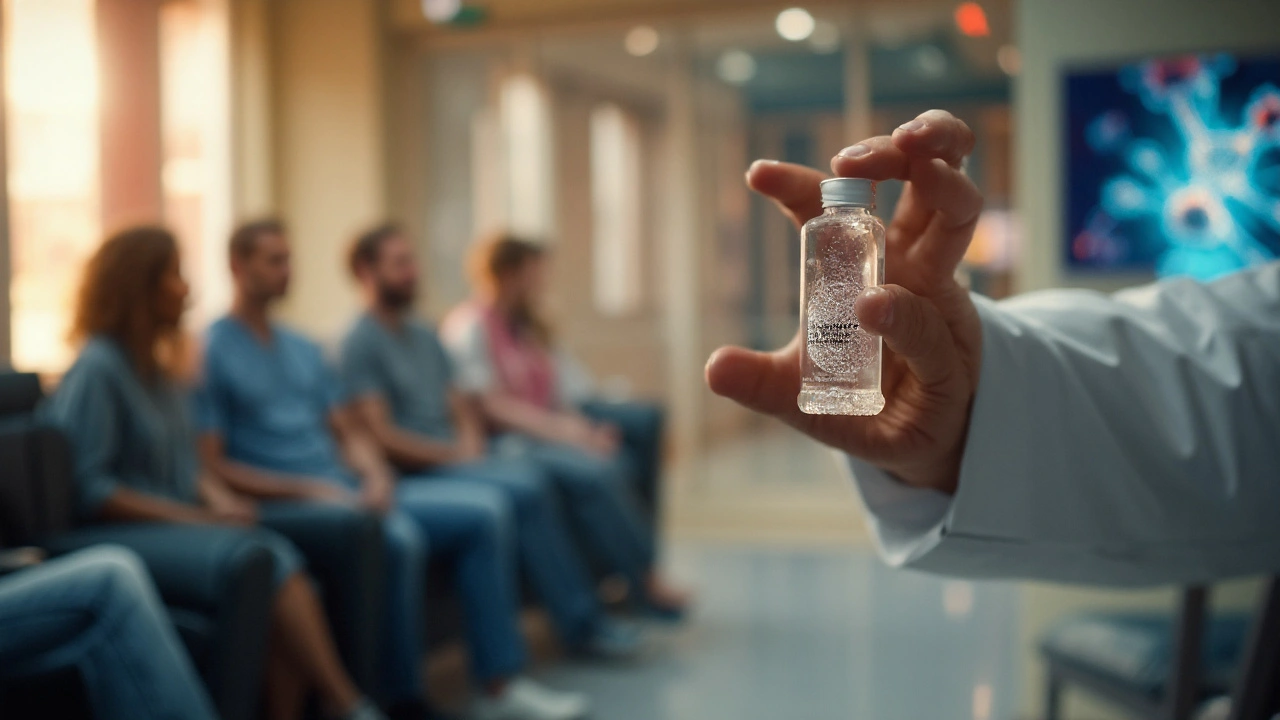Clinical Trials Explained: Simple Guide to How They Work
Ever wonder why new medicines appear on pharmacy shelves? They get there because they survived a series of clinical trials. A clinical trial is a research study that tests how safe and effective a new treatment is on real people. Think of it as a test drive before a car hits the market, only the car is a drug or medical device and the road is a group of volunteers.
How Clinical Trials Work
Trials are split into phases, each with a clear goal. Phase 1 is the first human test – a small group of healthy volunteers to see if the drug is safe and to find the right dose. Phase 2 adds a few dozen patients who actually have the condition the drug is meant to treat. Here researchers look for signs that the drug works and keep an eye on side effects. Phase 3 ramps up to hundreds or thousands of patients, comparing the new treatment to the current standard. Success at this stage usually means the drug can apply for approval.
After approval, Phase 4 studies continue to monitor long‑term safety and how the drug performs in a broader population. Throughout every phase, a trial follows a strict protocol that outlines who can join, what tests will be done, and how data will be recorded. Independent review boards check that the study respects participants’ rights and safety.
Finding Reliable Trial Info
If you’re thinking about joining a trial, start with official sites like ClinicalTrials.gov or the World Health Organization’s registry. They list the purpose, eligibility, location, and contact details for each study. Look for trials that are sponsored by reputable institutions—universities, government agencies, or well‑known pharma companies.
Ask questions before you sign up: What are the potential benefits and risks? How many visits will you need? Will you be paid or reimbursed for travel? A good trial team will answer everything clearly and give you a copy of the consent form to read at home.
Remember, you’re not obligated to stay in a trial if you change your mind. Your health and comfort come first, and you can withdraw at any time without penalty.
Clinical trials are the backbone of medical progress. They help turn promising lab discoveries into real‑world treatments that save lives. By understanding the phases, safety checks, and where to find trustworthy information, you can make an informed decision—whether you’re a patient, a caregiver, or just curious about how new medicines get approved.
Got more questions? Keep exploring reputable sources, talk to your doctor, and stay open to the possibilities that research can bring.
Pharmaceuticals vs Myths: What Actually Works
Separate fact from fiction on medicines. Learn which pharmaceuticals truly work, why myths persist, and how evidence guides safe treatment choices.

